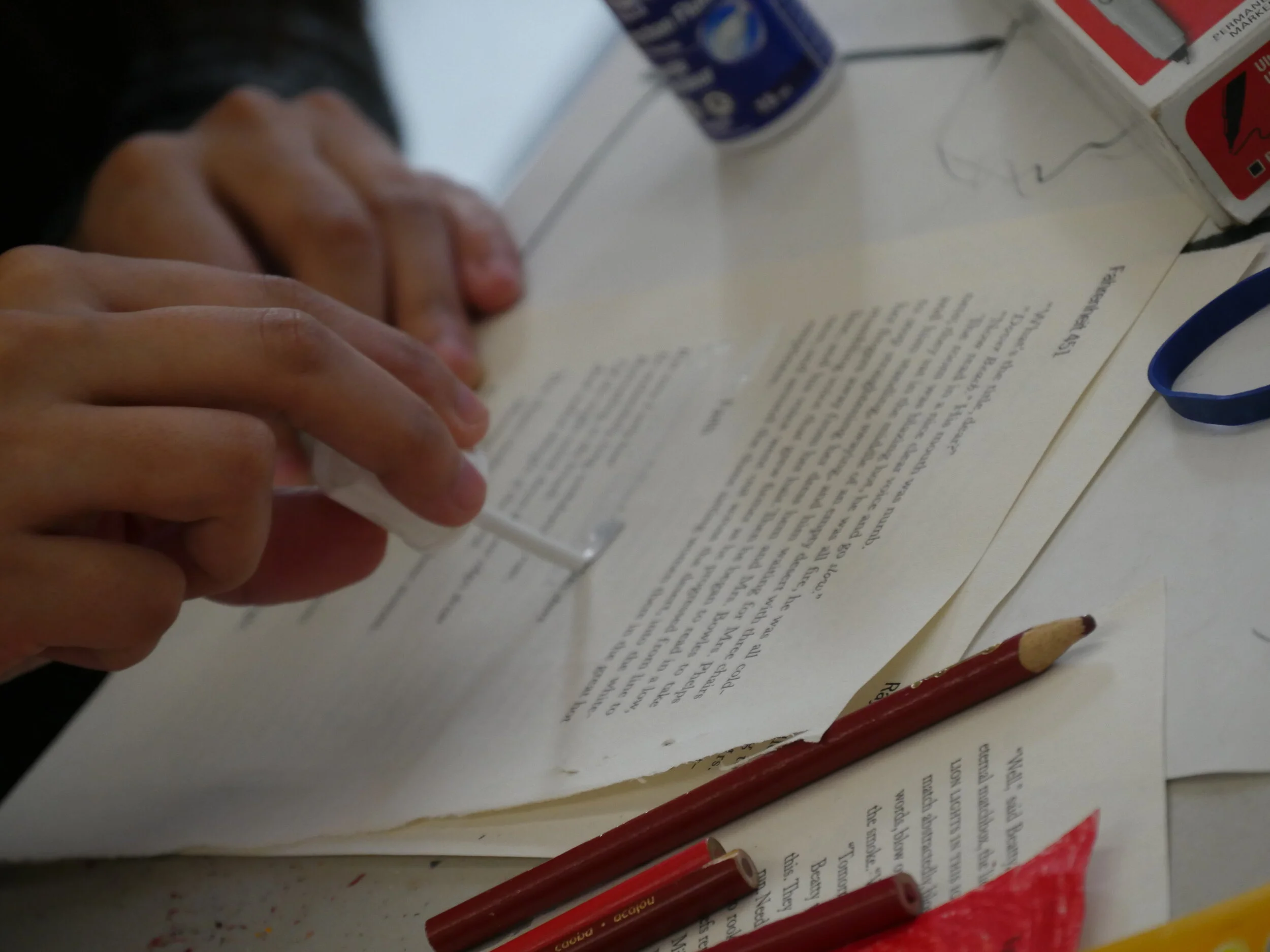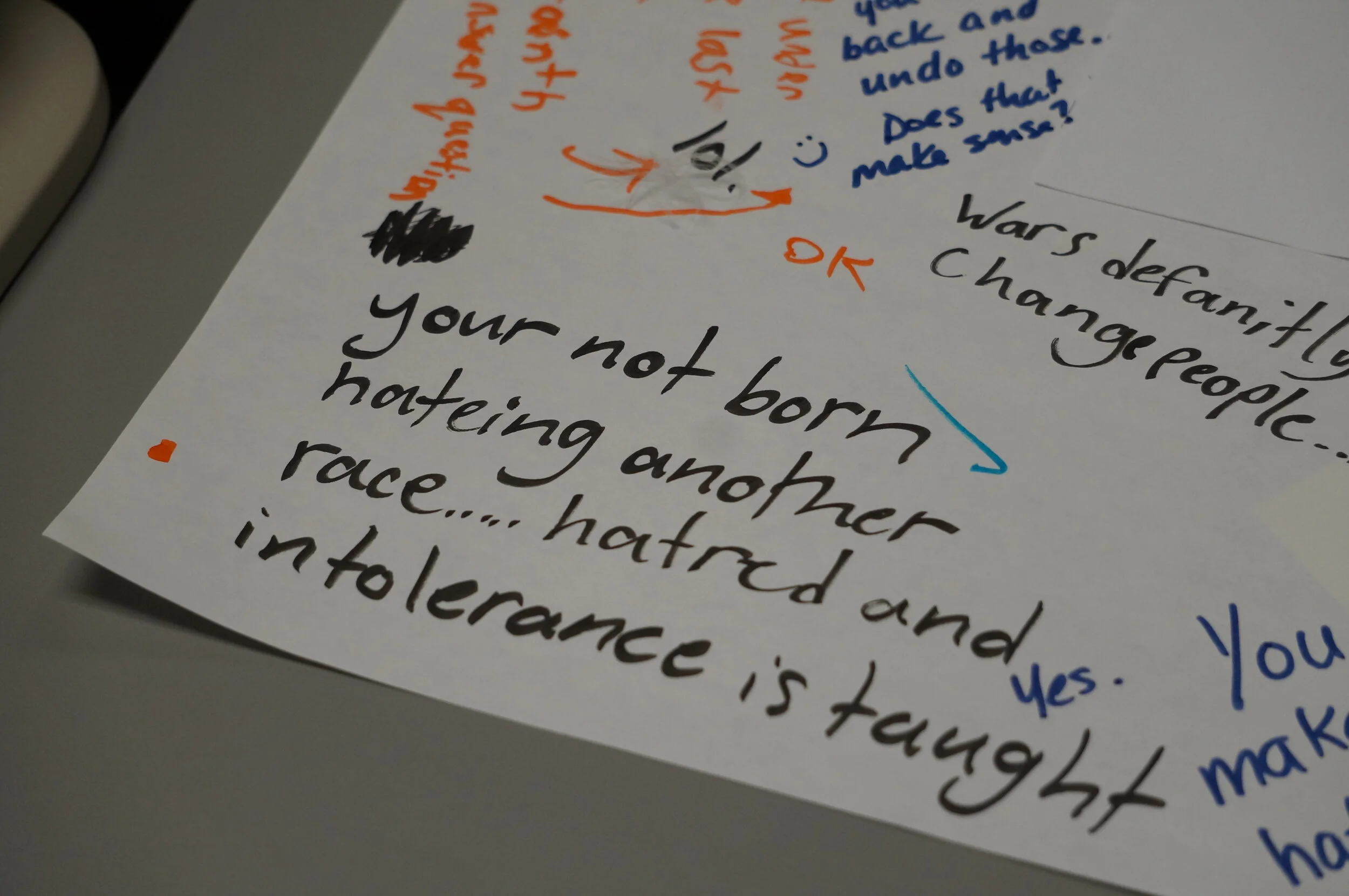While much of the work of the Addressing Injustices project is organized around a shared text, we often begin our year of research by inviting smaller groups of students and teacher candidates to organize into book clubs. Offering five or six different novels for students to choose from allows them to select texts and issues that matter to them, and it makes space for a range of different issues of social injustice to enter the vocabulary of the classroom. The intimacy of the smaller groups also acts as a kind of ice breaker, so that students and teacher candidates can begin to build relationships with each other as they discuss their text.
Read MoreBeautiful Music for Ugly Children is written by Kirstin Cronn-Mills, an author who is a woman.Taking into account the lessons learning throughout the book as well as our work with Delta Alternative School, it’s important to note that we understand International Women’s Day as a broad category. A day like today celebrates all women, including transgender women of colour and especially Black and Indigenous women who are leaders in the LGBTQ+ community. We also recognize that some non-binary, genderqueer and genderfluid people who are born “female” might not consider themselves a woman, they have also been socialized and perceived as a woman at some point and share similar experiences and struggles.
Read MoreDuring our novel study of Ray Bradbury’s Fahrenheit 451 we made remix poems. One of the powerful elements of this activity for student writers is that they use language and syntax already available to them. Instead of having to think of a topic or language to explore a topic in a poem, students use the pre-existing texts in front of them to write. Re-mix poetry is a sort of literary collage.We cannot create a thing from nothing, and this activity is a clear example of how we overtly rely on pre-existing texts and ideas to develop our own creations.
Read MoreThis week (October 26-30) is Media Literacy Week. We invite educators to think about the ways we can support students to both deconstruct and reconstruct media texts as a way to address social injustices. One of the central methods that Addressing Injustices embraces is project-making. Over the years we have invited students to deconstruct, dismantle and interrogate the social inequities and injustices in texts by offering creative ways to reimagine and reconstruct them.
Read MoreAt the start of each year of the Addressing Injustices Project, we bring middle school students together with teacher candidates who haven’t met previously. We each have read a shared text—Maus or Beautiful Music for Ugly Children or Fahrenheit 451—but many of us are understandably reticent. Rather than regard students’ different levels of comfort with speaking in class or their preference for silence as a problem, we use Big Paper to level the playing field and invite everyone—adults and youth—to participate in a silent conversation through writing.
Read More



